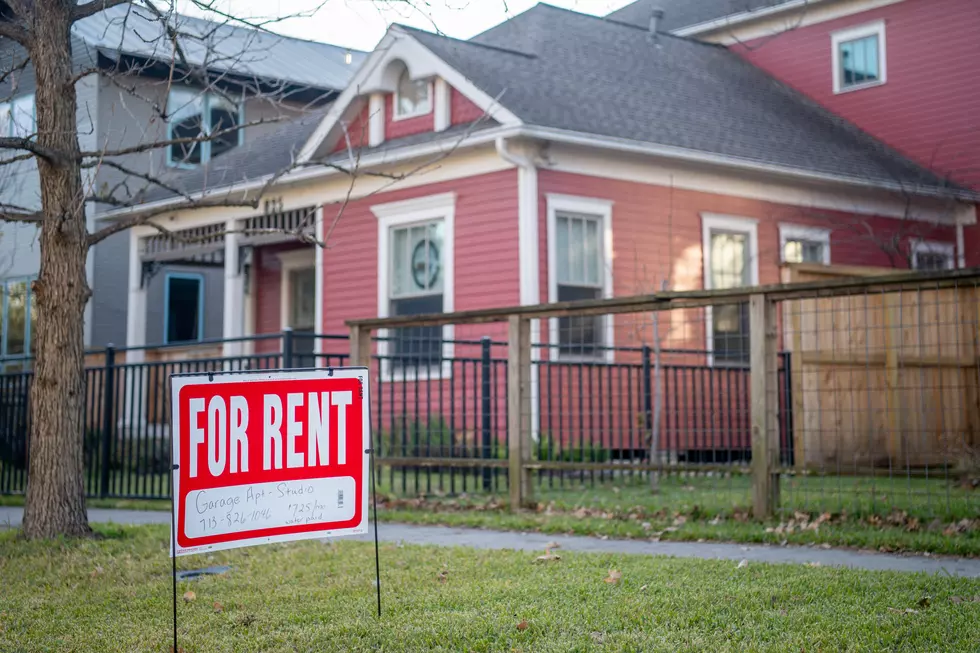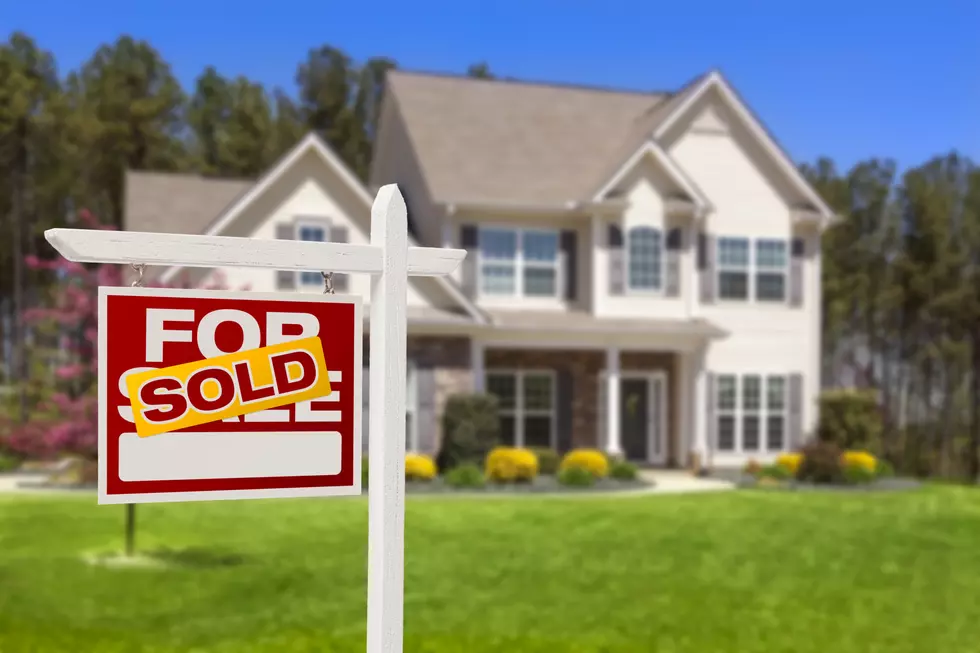
Eight NJ Counties in Top 50 Most Vulnerable U.S. Housing Markets
While the Federal Reserve's third straight three-quarter percentage point interest rate hike was the flashy economic headline Wednesday, the Fed's actions both already taken and still to come are weighing on trends in a housing market that, until recently, was historically hot.
Imminent failure — or a housing crash like the one seen 15 years ago — isn't predicted if the United States enters a recession, according to Rick Sharga, executive vice president of market intelligence for ATTOM Data Solutions, but certain markets could be particularly vulnerable.
Count eight New Jersey counties within the New York or Philadelphia metro areas among those, as they ranked among the top 50 most vulnerable housing markets in the country in an ATTOM report released last week.
Bergen, Camden, Essex, Gloucester, Ocean, Passaic, Sussex, and Union joined various counties in California and the Chicagoland area to make up more than half of the 50 as of the end of the second quarter of 2022.

Sharga reminds residents of the Garden State that although it's famously "not New York, not Philadelphia," New Jersey's geographic ties to both locales sometimes seal its fate.
"It's really indisputable that as those cities go, so go the numbers for the state of New Jersey, and candidly, neither of those metropolitan areas has fully recovered from the COVID pandemic yet," he said.
That being said, Sharga added that much of the middle of the state isn't in the same risk profile.
And while interest rates will continue to be raised, he said it's likely home prices will finally come down.
"We're coming out of a period of several years where, year over year, home prices were increasing by 15% to 20% across the country. Those days are over because of rising interest rates," Sharga said. "One of (the Fed's) initiatives, although it hasn't really been directly addressed, was to slow down the rapid growth in the price of housing."
Rental prices should backtrack too, Sharga said.
The caution here, according to Sharga, is that whenever the Fed decides enough is enough with the rate hikes, history says a recession customarily follows — eight out of the last 11 times dating back to the 1950s, he said.
But there's hope that such a downturn would be short-lived, and not lead to massive unemployment.
"If we do start to see unemployment numbers come up, that's likely to lead to more mortgage delinquencies, which will lead to more foreclosures, which could have a definite impact on the housing market," Sharga said.
These NJ towns have the highest rates of sexually transmitted diseases
Say you’re from Jersey without saying you’re from Jersey
More From WPG Talk Radio 95.5 FM










